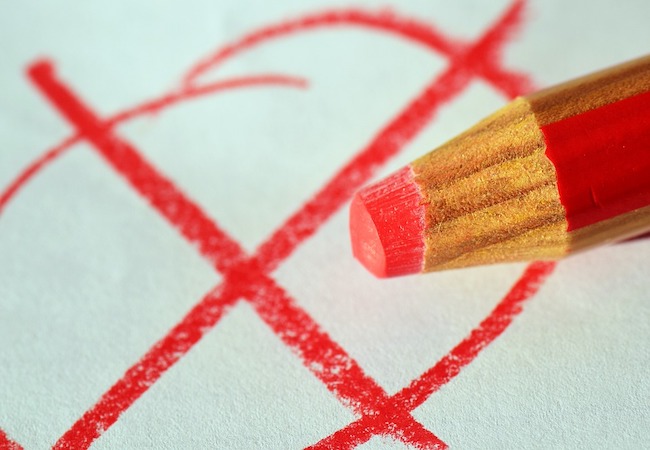
By Rogatien Biaou
In recent years we have been witnessing the demolition of the precious democracy that Benin had built up since 1990. The current regime has been using the justice system to attack political opponents. New electoral rules also allowed them to consolidate power in 2021. There has been deadly police violence used against protestors and activists have been arrested. There is also grave concern over the judicial body, known as CRIET, supposedly created to fight corruption and terrorism, but it is being abused to target political rivals. It does not end there. After the African Court on Human and Peoples’ Rights repeatedly ruled against the administration’s policies, the government prevented the court from hearing cases brought against them by individuals and non-governmental organisations. Under these conditions, Benin cannot be anymoreconsidered as a beacon of democracy in Africa.
In the time since 2006 under President Yahi’s rule, but in particular since 2016, we have seen the elimination of all possibility of legitimate opposition. President Talon and his government have detained people who post critically about them on Facebook, journalists have been jailed and prominent newspapers and broadcast stations have been closed. It is believed that of those he prosecutes for “corruption”, most are in the opposition, and it is widely accepted that the charges are trumped up. When political opponents are imprisoned and platforms for the opposition to express themselves – whether traditional media, social media, or peaceful protest – are removed, it is not possible to have a real opposition. This is a key indicator of authoritarianism.
There is no doubt that journalists’ freedom of expression has been seriously undermined in Benin. Yes, perhaps we have more diverse media, but we suffer an absence of viable major news organizations after the closure of several large media outlets. The government has tightened its grip on the media sector and strongly influences appointment of the principal directors of government media and of the media regulatory agency. The ORTB, especially its television networks, are required to relay mostly the government’s message, while media who are close to the opposition face a lot of pressure. The Information and Communication Code of 2015 is supposed to safeguard journalistic methods, and guarantee freedom of access to public information sources. But the legal framework is regularly by passed so as to attack journalists. Since 2018, the digital law is also used against news professionals who work online. An area of particular concern is the Digital Law, which since 2018, has been used as a tool for arbitrarily detaining journalists. Restoring conditions for a healthy, independent media must be a priority and is fundamental to rebuilding our democracy.
I do have strong faith that we will return to a truly democratic path. We really were a stable and committed democracy from 1990 until 2006, with peaceful, democratic transitions of power via elections in a multiparty system. We built that foundation for ourselves. But we must not underestimate the current challenge. The problems we are facing have become systemic since 2016. Whether we talk about the run-up to the 2019 legislative elections, when the regime-appointed electoral commission invalidated the candidacy of all but those who support the regime based on last-minute registration requirements. Or what happened when the new Parliament (National Assembly) in 2019 approved a new electoral law requiring candidates to receive sponsorships from sitting officials. This meant the ruling party had veto power over any candidate’s ability to run for office. It can be seen from these examples that what has been happening since 2016 has set down deep systemic roots that consolidate the regime’s power. The same applies to the government withdrawing Benin from the African Court on Human and Peoples’ Rights (ACHPR) when decisions went against them. The creation of the special court supposedly to prosecute terrorism and economic crimes (CRIET), but really to target the opposition is yet another example of the systemic abuses taking place. As is the new 2018 Digital Code that criminalises criticism of government officials. The tentacles of authoritarianism are everywhere, throughout the political system, the courts, and the media and that is our greatest challenge.
What is the solution for putting Benin back onto a democratic path? There is a clear first step. Benin urgently needs the organization of inclusive Assises Nationales (national meetings) to establish a transition for the refoundation of the Republic and the State, the restoration of democracy and the state of law, the reintegration and success of Benin internationally, the revaluation of African culture and national languages, and the influence of Pan-Africanism in all its dimensions. The Assises Nationales are where we must begin and put together all Benin’s sons and daughters to build new hope and consolidate our way towards progress and development.
Rogatien Biaou is a Beninese politician and diplomat. He is the President of the Alliance Patriotique Nouvel Espoir, an alliance of parties, fronts, movements, and political figures in Benin. He was the Foreign Minister of Benin from June 12, 2003, to February 16, 2006.




